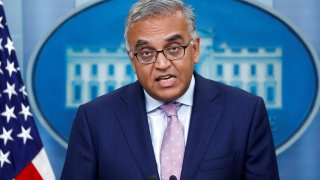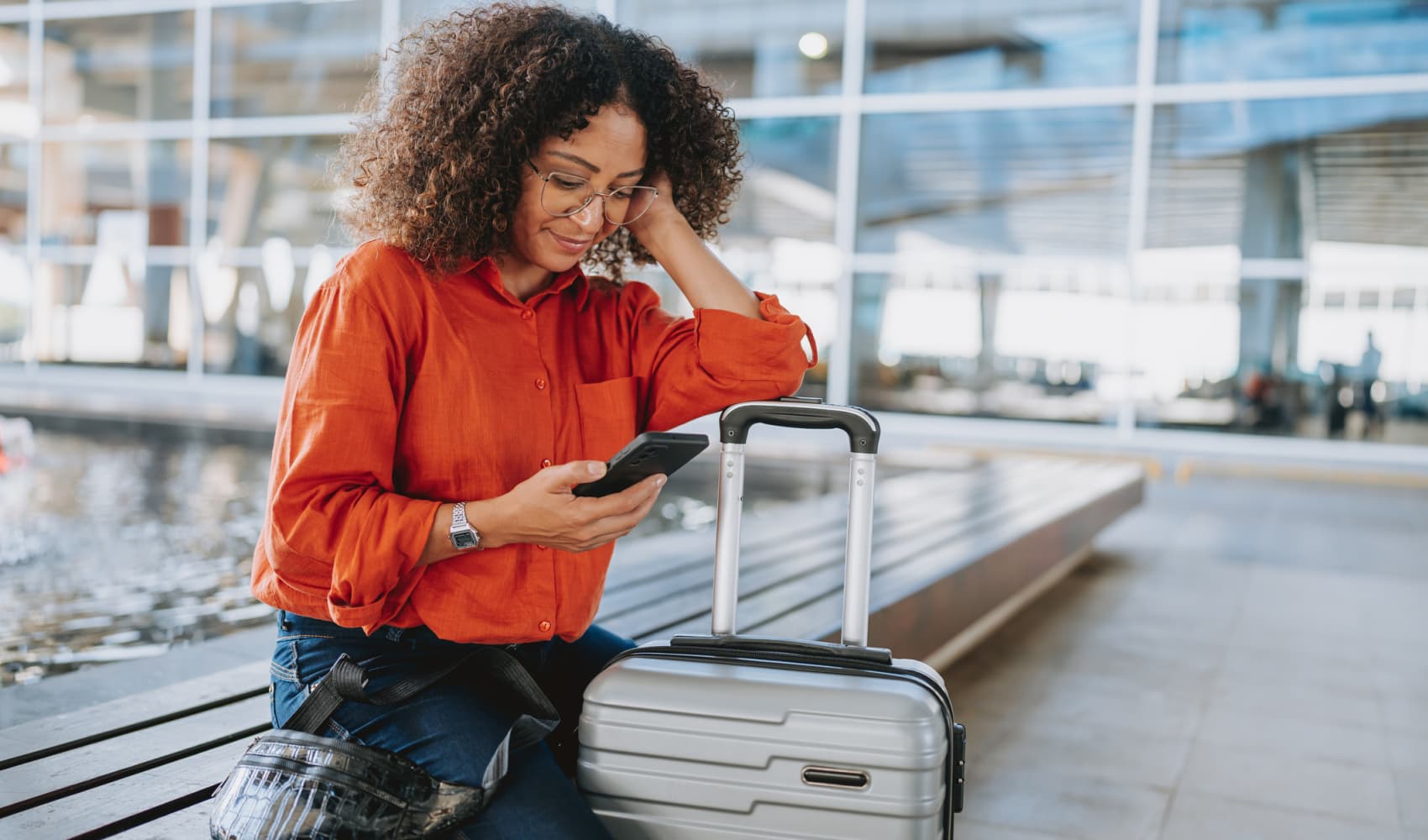
Covid isn't the only viral threat facing the U.S. this coming winter. A "tripledemic" also involving flu and RSV may soon unfold, says Dr. Ashish Jha.
But there's good news: "We're not powerless against it," Jha, the White House's Covid response coordinator, said in a Tuesday interview with CBS News.
Covid has been a prominent winter threat during the last two years and is expected to wreak havoc again this year, especially with the emergence of so-called "Scrabble" variants that appear adept at evading immunity from vaccines and prior infection.
The U.S. is also seeing an early uptick in flu cases, which don't typically rise until late December. The country's South Central and Southeastern regions already have positivity rates as high as 10%, according to the Centers for Disease Control and Prevention.
Get Boston local news, weather forecasts, lifestyle and entertainment stories to your inbox. Sign up for NBC Boston’s newsletters.
Respiratory syncytial virus (RSV) cases, especially among children, are also rising. Nearly 75% of the country's estimated 40,000 pediatric beds are currently full, according to the latest Department of Health and Human Services data.
Jha pointed to the widely available vaccines targeting two of the three respiratory viruses: the flu shot and the new omicron-specific Covid booster.
He called on Americans to get both shots, saying it'll keep them out of hospitals and ensure that the U.S.'s "healthcare capacity doesn't start getting stretched" while grappling with multiple emerging winter threats.
Money Report
"If people went out and got their vaccines, we could really get through this without getting into a lot of trouble," Jha said.
There's currently no vaccine for RSV, but getting a flu shot and a new Covid booster will lower your risk of being admitted to a hospital for severe illness, Jha noted. A 2018 CDC-supported study found that flu vaccination among adults reduced the risk of being admitted to an ICU with the flu by 82%.
Early data also suggests that the new omicron-specific Covid boosters raise your protective antibodies, which can help prevent a more severe course of infection.
Getting those shots is the key to combatting all three viruses because it'll help keep hospital beds open for potential patients across the country, Jha added.
"We need hospitals for all sorts of things, not just those viruses," he said. "So right now, our focus is get people vaccinated, get people treated and keep people out of the hospital."
Even though there's no RSV vaccine, you can still use some "standard" mitigation measures against it, Jha said: Avoid people who you know are sick, wash your hands and keep yourself or your children at home if you're feeling RSV's cold-like symptoms.
"Those are things that really make a difference in keeping RSV levels low," he said.
Sign up now: Get smarter about your money and career with our weekly newsletter
Don't miss:
- It's time to stop saying 'fully vaccinated' for Covid, experts say—here's why
- Dr. Fauci: These 2 new fast-spreading omicron Covid subvariants are 'pretty troublesome'
- Omicron-specific Covid boosters appear to work well, new data says—regardless of the side effects you experience






